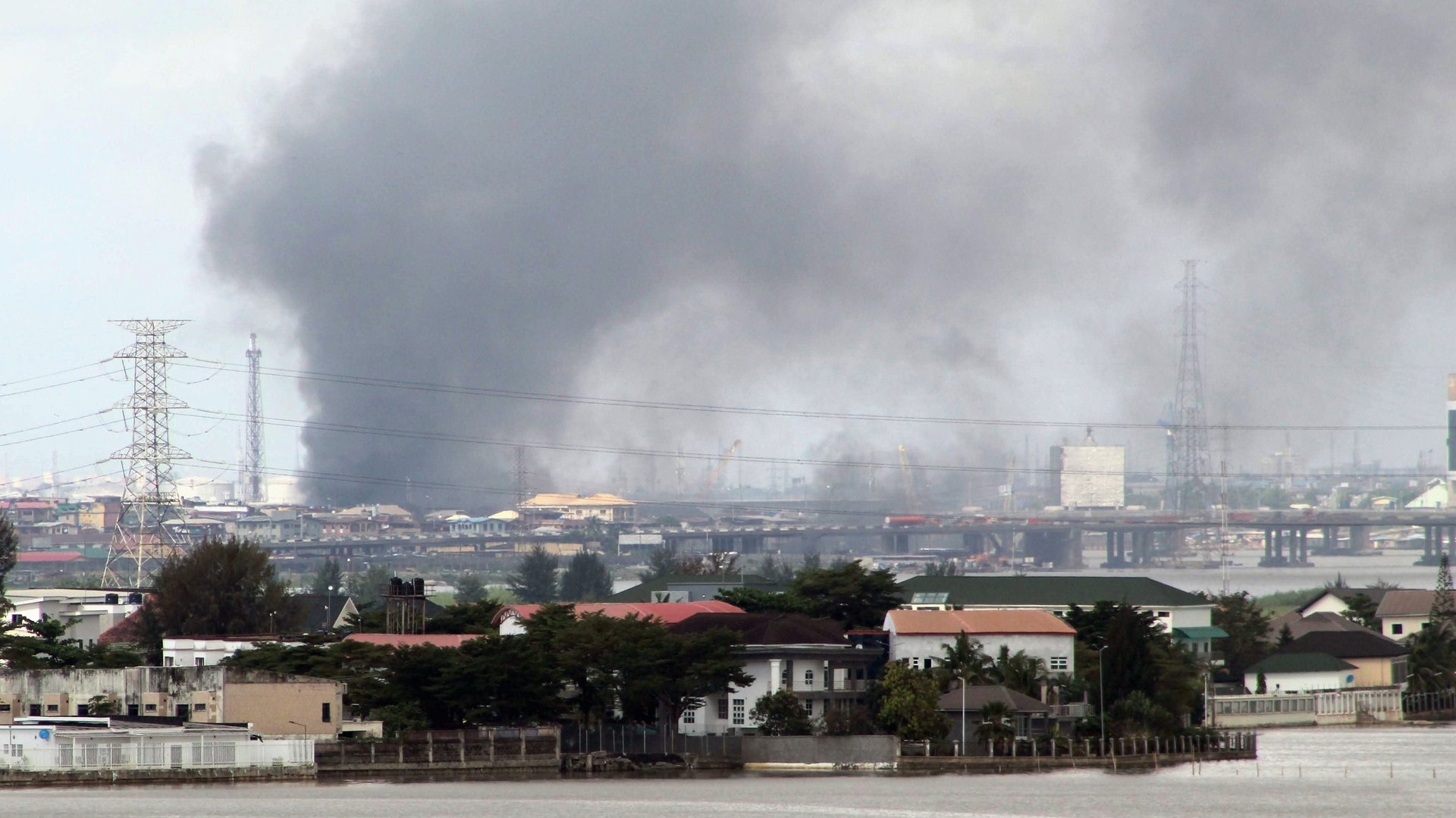Nigerians fear an internet shutdown but power cuts and fuel shortages hurt more amid protests
Since the beginning of Nigeria’s anti-police brutality protests, tagged #EndSARS, there has been widespread suspicion among the young people engaged in the online and offline demonstrations that the national government would shut down internet access.


Since the beginning of Nigeria’s anti-police brutality protests, tagged #EndSARS, there has been widespread suspicion among the young people engaged in the online and offline demonstrations that the national government would shut down internet access.
In many ways, the fears could be described as unfounded because there has never been a widespread national government-mandated internet shutdown in Nigeria. But the trend across the continent has seen a spike in internet shutdowns in response to sustained anti-government protests.
From nearby neighbors in Cameroon and Chad to Ethiopia and Zimbabwe, African governments have resorted to trying to stifle uprising or political opposition by blocking social media apps such as WhatsApp and Twitter or using blunt force to shut down the internet altogether. These governments have done this even though it comes at a notable cost to their own economies. Internet and social media shutdowns were estimated to cost African economies over $2 billion in 2019.
One of the key reasons governments try shut internet is to be able to control information through traditional media sources on television, radio, and newspapers. As already seen with the #EndSARS protests, the demonstration organizers have focused on using social media to help counter what they deem misinformation put out via traditional outlets, which tend to air government messages unchallenged.
This is why young internet-savvy Nigerians have been preparing for the worst by investing in virtual private network (VPN) services, one of the primary ways citizens can get round a national internet shutdown. Over the last week, people have been sharing “how-to” explainer articles about staying online during a shutdown and recommending affordable VPN services. Digital rights research firm Top10VPN reports that searches for VPNs in Nigeria went up 239% yesterday (Oct. 20) compared to the previous 30 days.
The concerns and interest has spiked in the last 24 hours after security forces opened fire on unarmed protestors at the toll gate in Lekki, a middle class neighborhood of Lagos. There have been several reports of fatalities, though no official source has confirmed the numbers. Amnesty International and media outlets including Reuters and local newspapers have all reported witnesses saying they saw protestors getting gunned down and seeing multiple corpses.
There have been strong reactions to the shooting of unarmed protesters around the world from leaders including US presidential candidate Joe Biden and former US secretary of state Hillary Clinton. In Lagos, several key buildings have been attacked and set alight by unknown persons.
Even privately owned TV news outlets including Channels TV and TVC have had live news broadcasts interrupted by fears of security agents or hoodlums. TVC remains off air after its main building was attacked. The national media regulator National Broadcast Commission has asked broadcasters not to ”embarrass individuals, organizations, government, or cause disaffection, incite to panic or rift in the society at large”.
But internet shutdowns might be a secondary problem for many ordinary Nigerians because of two potentially more debilitating challenges with ongoing power cuts and temporary fuel shortages due to a curfew which has shut down gas stations in Lagos. The two are closely linked because large sections of Lagos rely on their personal fuel power generators for any semblance of regular electricity.
Despite having Africa’s largest number of internet users, unreliable power supply and fuel shortages mean many Nigerians will be inadvertently cut off from the internet and crucial information—essentially achieving the same goals of internet shutdowns.
So far, swathes of Lagos, Africa’s largest city, have already reported power outages leaving millions without real time access to information at a crucial and uncertain time.
Several radio stations across the city have swapped regular programming for music playlists as they encourage broadcast staff to stay home—a reality that worsens the existing information vacuum.
Sign up to the Quartz Africa Weekly Brief here for news and analysis on African business, tech, and innovation in your inbox